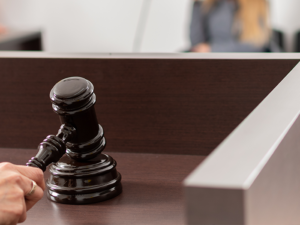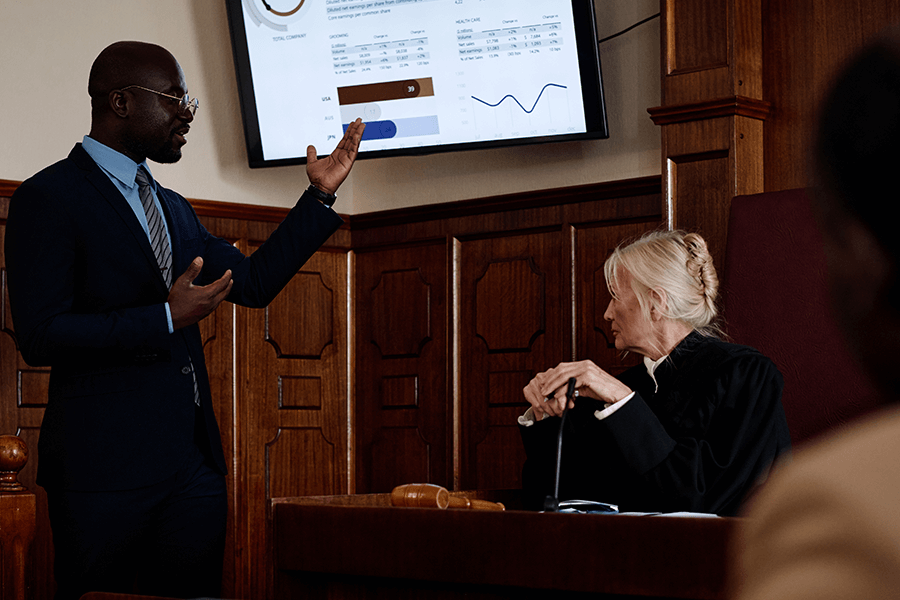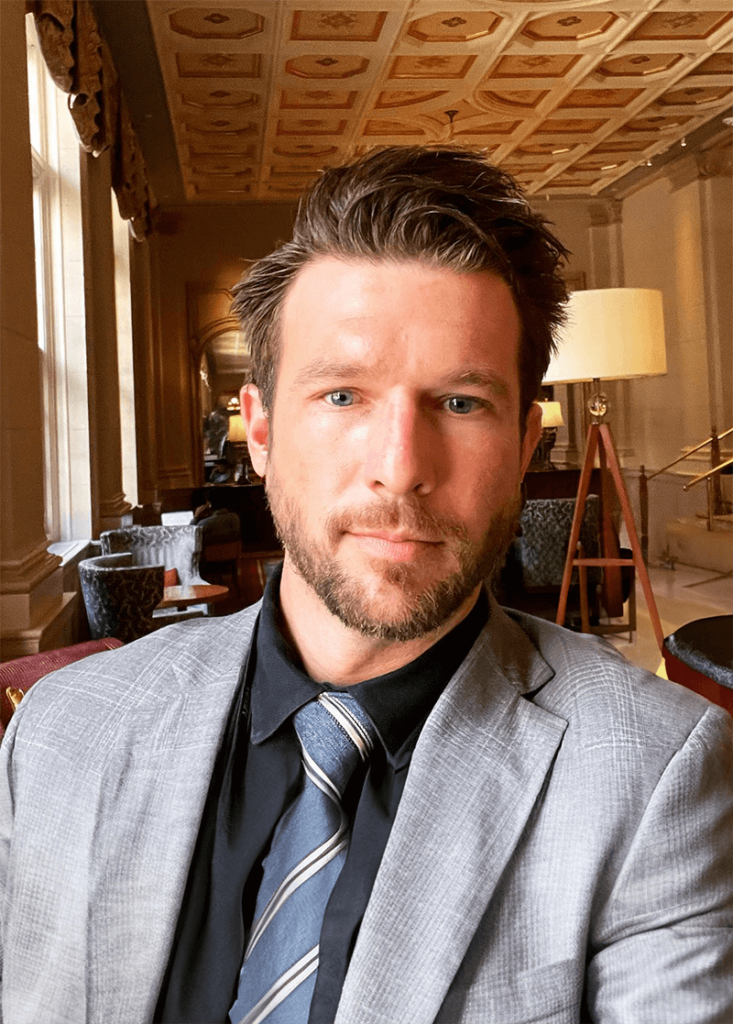
Litigation
In legal contexts, the term “hearsay” often arises during trials, investigations, and courtroom proceedings. Understanding what hearsay is and its impact on evidence is crucial for both legal professionals and the general public. In this article, we’ll explore the concept of hearsay, its definition, exceptions, and its significance in the legal system
Hearsay refers to an out-of-court statement made by someone (the declarant) that is offered as evidence to prove the truth of the matter asserted. In simpler terms, it involves relying on statements made by others to establish facts in a case. Here are the key points about hearsay:
Out-of-Court: Hearsay statements occur outside the courtroom, such as in conversations, letters, or other informal settings.
Offered for Truth: The purpose of introducing hearsay evidence is to prove that what the statement asserts is true. For example, if someone says, “According to hearsay, Bob had managed to break his arm,” the statement is offered to prove that Bob indeed broke his arm.
The problem with hearsay lies in its reliability and credibility:

While hearsay evidence is generally inadmissible, there are exceptions. These exceptions recognize situations where the reliability of the statement is less likely to be compromised. Here are three common exceptions:
a. Excited Utterance
b. Statements Against Interest
c. Matter of Record
In federal trials, hearsay rules are governed by the Federal Rules of Evidence (FRE):
While state hearsay rules may differ, many are modeled after the federal rules. Judges retain discretion to admit or exclude hearsay evidence even within these exceptions.
Hearsay plays a significant role in legal proceedings, but its admissibility depends on context and exceptions. Legal professionals must navigate these complexities, ensuring a fair and just trial. For anyone involved in legal matters, understanding hearsay is essential to protect rights and seek justice.
Heading to court? Don’t go alone, contact our Litigation Team today.

Chairman, CEO, & Managing Director of Legal Services
The Law Offices of Joshua M. Stahley, P.A
We are a boutique law firm combining the breadth of practice and knowledge one would expect from a large global law firm with the personal, white glove, touch our clients love and that we proudly own as our hallmark. Our team stands ready to advise and provide counsel on matters ranging from car accidents to international tax controversies, divorce to estate planning, and everything in between.


